“… we meet this enemy with greater determination, resolve and resources than ever before in our history. This is due to the careful management of our economy when times were good, the support and solidarity of the European Union, and, more than anything, the hard work, dedication, and resilience of the Irish people.”
This was Paschal Donohoe talking about the COVID-19 challenge in the budget speech on Tuesday. The Government has chosen to meet this challenge with “resources” in the form of a huge jump in borrowing. The ongoing flow of revenue available to the Irish Exchequer has been impaired, not enhanced, by the severe economic downturn, which will have lasting effects.
It is textbook macroeconomics to bolster the economy when things get difficult
The “careful management of the economy when times were good” included a failure to put a dent in the monster debts accumulated after the 2008 crash, even though corporate taxes massively exceeded expectations. Every unexpected penny was spent. Over €40bn will be added to outstanding debt during 2020 and 2021.
It is textbook macroeconomics to bolster the economy when things get difficult, provided there is the capacity to borrow temporarily and the willingness to move the budget back into surplus in the good times. The borrowing capacity is courtesy of the suspension of EU deficit ceilings and the appetite of the European Central Bank to absorb the avalanche of new government debt being created throughout the eurozone. Once the pandemic is under control, both will cease and the “support and solidarity of the European Union” will again become conditional on the prudent conduct of domestic policy in member states. Last time round Ireland did not pass the prudence test and the country lost the capacity to borrow, except from the IMF.
At a time when price inflation is negative there have been increases in the fuel allowance, the living alone allowance and an extended first-time buyer grant
Of the €17bn extra Government spending announced on Tuesday, about half relates to the cost of extending emergency support for household incomes and businesses. The balance includes a scatter of permanent increases in current spending at a time when Government debt is already high and rising, revenue is weak and could weaken further, while the forbearance of bond markets is conditional on an ECB bond-buying programme which everyone knows cannot continue indefinitely. At a time when price inflation is negative there have been increases in the fuel allowance, the living alone allowance and an extended first-time buyer grant. These are budget giveaways and have no connection to fighting the pandemic. The planned increase in the pension age has been deferred, quite unsustainable unless someone expects life expectancy to start falling. The familiar round of small increases in unemployment benefit or the old age pension have been omitted this year, but the real value of these payments rises with the decline in consumer prices.
Balancing the books
Permanent increases in spending will eventually have to be matched with tax increases and there have been only a few this time. Cigarettes go up again, one of the most regressive taxes in operation since lower-income groups are the heaviest smokers.
Diesel pays the same excise in Northern Ireland
The carbon tax will increase, immediately for petrol and diesel and in the spring for heating oil and solid fuels. There will be further increases each year out to 2030, but the auto-diesel discount on excise duty has surprisingly survived. Diesel pays the same excise in Northern Ireland and the mandarins in the Department of Finance were thought to be in favour of closing the differential here, easy to do right now since prices have declined in line with the collapsing crude price.
While the increase in carbon tax makes sense, the budget fails to address the inconsistencies in Government policy concerning climate action. If the Government truly intends to decarbonise road transport over the next couple of decades, a key argument for switching investment from road to rail falls away. Yet the budget speeches contain the ritual commitments to expensive rail capital schemes.
If there are to be electric buses, why spend a king’s ransom electrifying railways along the same inter-urban alignments?
If the car fleet goes electric and electricity goes renewable, both explicit commitments in the programme for government, why precisely is road transport, increasingly carbon-free, to be discouraged? If there are to be electric buses, why spend a king’s ransom electrifying railways along the same inter-urban alignments?
The Government has again cut the VAT rate on the hospitality sector from 13.5%, a concessionary rate, to 9%, as was done back in 2013 and which took five years to reverse. This means a €300 hotel bill will fall to about €288, which will make a fat lot of difference. There is a package of measures for the arts, sport and entertainment industries which will be difficult to unpick when these sectors, hard hit to be fair, eventually recover.
The Government will unveil its medium-term economic strategy in mid-November. It will need to plot a course to ultimate fiscal balance and the reversal of many of Tuesday’s announcements.
Read more
Budget 2021: no return for Knowledge Transfer group schemes
'Health warning' on consanguinity relief in Budget 2021 - ifac
“… we meet this enemy with greater determination, resolve and resources than ever before in our history. This is due to the careful management of our economy when times were good, the support and solidarity of the European Union, and, more than anything, the hard work, dedication, and resilience of the Irish people.”
This was Paschal Donohoe talking about the COVID-19 challenge in the budget speech on Tuesday. The Government has chosen to meet this challenge with “resources” in the form of a huge jump in borrowing. The ongoing flow of revenue available to the Irish Exchequer has been impaired, not enhanced, by the severe economic downturn, which will have lasting effects.
It is textbook macroeconomics to bolster the economy when things get difficult
The “careful management of the economy when times were good” included a failure to put a dent in the monster debts accumulated after the 2008 crash, even though corporate taxes massively exceeded expectations. Every unexpected penny was spent. Over €40bn will be added to outstanding debt during 2020 and 2021.
It is textbook macroeconomics to bolster the economy when things get difficult, provided there is the capacity to borrow temporarily and the willingness to move the budget back into surplus in the good times. The borrowing capacity is courtesy of the suspension of EU deficit ceilings and the appetite of the European Central Bank to absorb the avalanche of new government debt being created throughout the eurozone. Once the pandemic is under control, both will cease and the “support and solidarity of the European Union” will again become conditional on the prudent conduct of domestic policy in member states. Last time round Ireland did not pass the prudence test and the country lost the capacity to borrow, except from the IMF.
At a time when price inflation is negative there have been increases in the fuel allowance, the living alone allowance and an extended first-time buyer grant
Of the €17bn extra Government spending announced on Tuesday, about half relates to the cost of extending emergency support for household incomes and businesses. The balance includes a scatter of permanent increases in current spending at a time when Government debt is already high and rising, revenue is weak and could weaken further, while the forbearance of bond markets is conditional on an ECB bond-buying programme which everyone knows cannot continue indefinitely. At a time when price inflation is negative there have been increases in the fuel allowance, the living alone allowance and an extended first-time buyer grant. These are budget giveaways and have no connection to fighting the pandemic. The planned increase in the pension age has been deferred, quite unsustainable unless someone expects life expectancy to start falling. The familiar round of small increases in unemployment benefit or the old age pension have been omitted this year, but the real value of these payments rises with the decline in consumer prices.
Balancing the books
Permanent increases in spending will eventually have to be matched with tax increases and there have been only a few this time. Cigarettes go up again, one of the most regressive taxes in operation since lower-income groups are the heaviest smokers.
Diesel pays the same excise in Northern Ireland
The carbon tax will increase, immediately for petrol and diesel and in the spring for heating oil and solid fuels. There will be further increases each year out to 2030, but the auto-diesel discount on excise duty has surprisingly survived. Diesel pays the same excise in Northern Ireland and the mandarins in the Department of Finance were thought to be in favour of closing the differential here, easy to do right now since prices have declined in line with the collapsing crude price.
While the increase in carbon tax makes sense, the budget fails to address the inconsistencies in Government policy concerning climate action. If the Government truly intends to decarbonise road transport over the next couple of decades, a key argument for switching investment from road to rail falls away. Yet the budget speeches contain the ritual commitments to expensive rail capital schemes.
If there are to be electric buses, why spend a king’s ransom electrifying railways along the same inter-urban alignments?
If the car fleet goes electric and electricity goes renewable, both explicit commitments in the programme for government, why precisely is road transport, increasingly carbon-free, to be discouraged? If there are to be electric buses, why spend a king’s ransom electrifying railways along the same inter-urban alignments?
The Government has again cut the VAT rate on the hospitality sector from 13.5%, a concessionary rate, to 9%, as was done back in 2013 and which took five years to reverse. This means a €300 hotel bill will fall to about €288, which will make a fat lot of difference. There is a package of measures for the arts, sport and entertainment industries which will be difficult to unpick when these sectors, hard hit to be fair, eventually recover.
The Government will unveil its medium-term economic strategy in mid-November. It will need to plot a course to ultimate fiscal balance and the reversal of many of Tuesday’s announcements.
Read more
Budget 2021: no return for Knowledge Transfer group schemes
'Health warning' on consanguinity relief in Budget 2021 - ifac



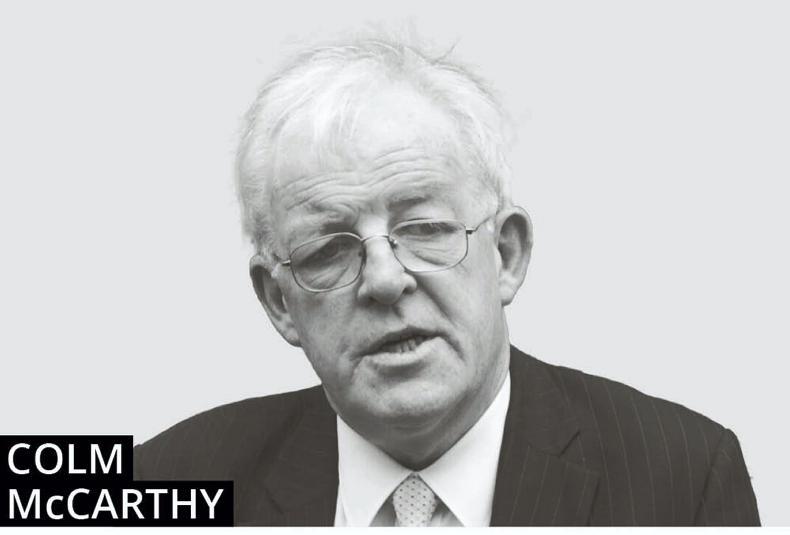

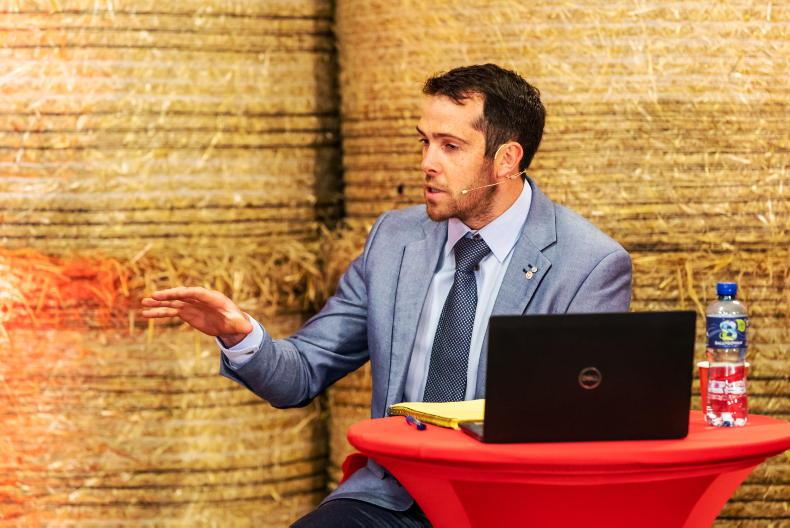
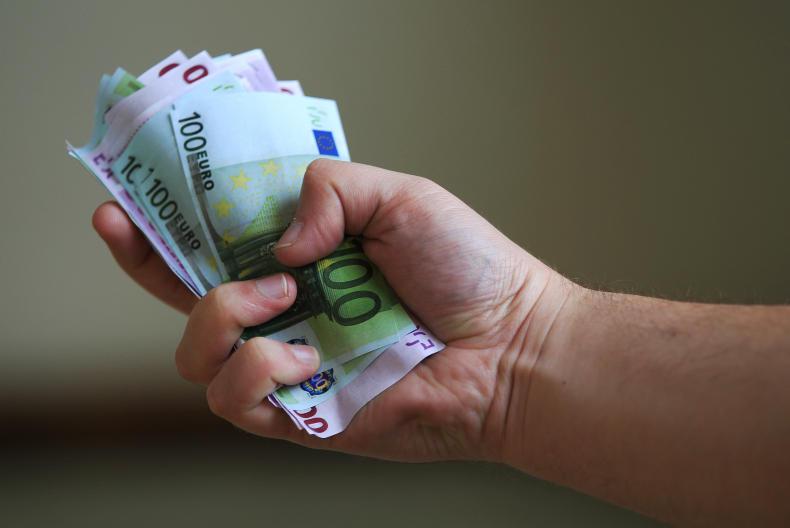
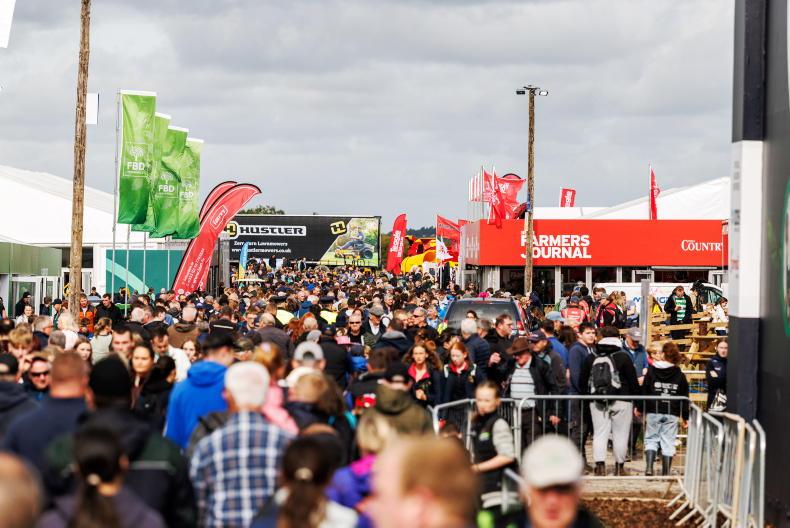
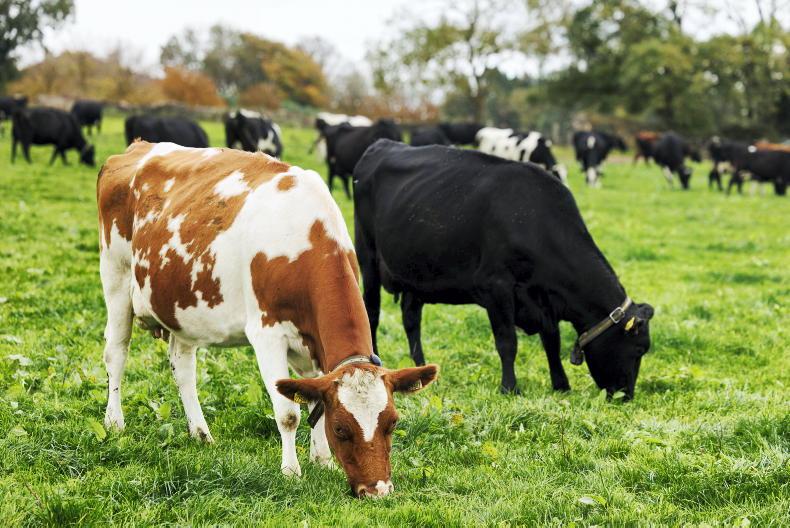
SHARING OPTIONS